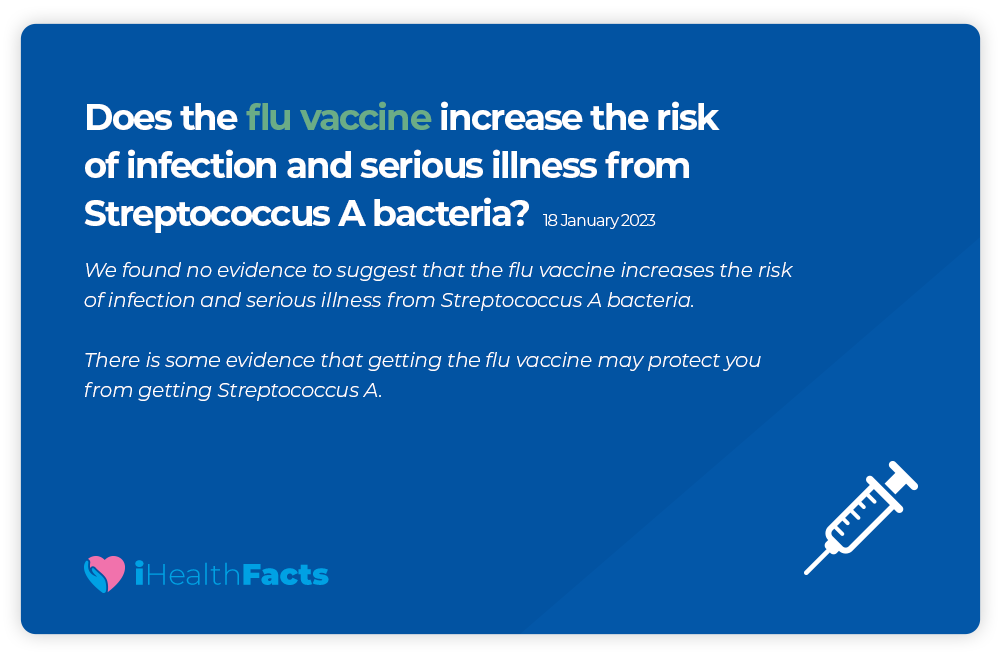- Lead Researcher: Dr Marie Tierney, Postdoctoral Researcher, Informed Health Choices-Cancer project, School of Nursing & Midwifery, University of Galway
- Reviewed by: Prof Declan Devane, School of Nursing and Midwifery, HRB-Trials Methodology Research Network, Evidence Synthesis Ireland & Cochrane Ireland, University of Galway.
- Public and Patient advisor: Anne Daly, Public and Patient Involvement in research (PPI) advisor, PPI Ignite, University of Galway.
- Journalist Advisor: Dr Claire O’Connell, science communicator and contributor to The Irish Times.
Conflict of Interest Statement:The authors have no financial or other conflicts of interest for this health claim summary.
